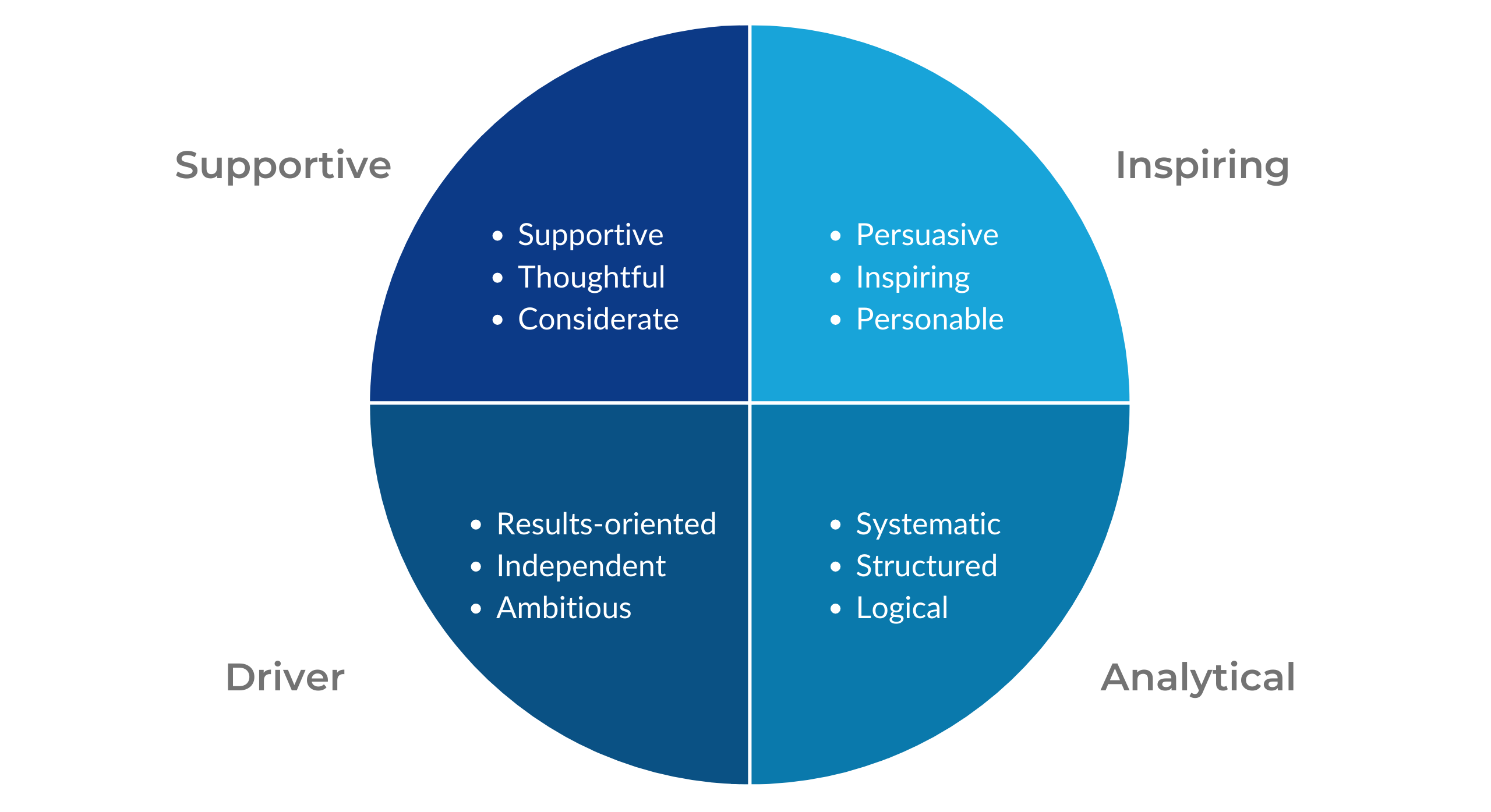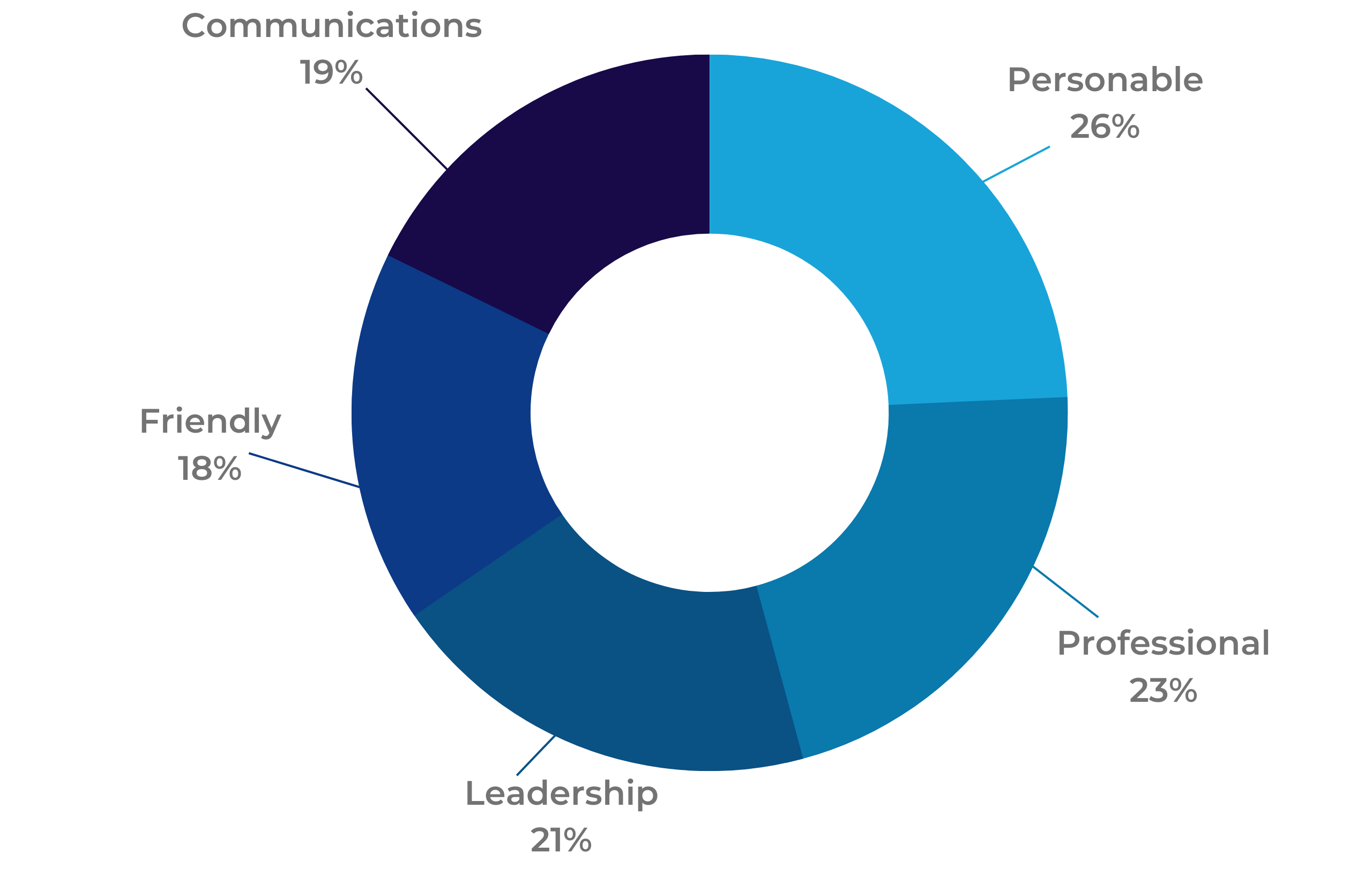How many private club boards include executive sessions as part of their board meetings? Not enough, in our view. Although executive sessions can play an important role in a board’s relationship with the general manager (more and more clubs have adopted a governance model that designates the General Manager as the Chief Operations Officer (COO) or Chief Executive Officer (CEO)). Although we heartedly endorse this practice, we use the generic label of GM throughout this article.) and their staff, too few boards have a policy relating to the conduct of executive sessions as a regular item on their meeting agendas.
To encourage boards to adopt a policy of including executive sessions as a regular part of their meetings, this article offers:
- What: Identify the two types of executive sessions.
- When: Describes their frequency and where they are placed on the agenda.
- How: Recommend their conduct.
- Why not: Suggest why they are viewed with skepticism.
- Why: Explain why they are important.
What
There are two types of executive sessions:
- Type 1: those that include only the GM and board members (Type 1 sessions may also include subject matter experts to provide special advice on a sensitive topic.).
- Type 2: those that include only board members.
Type 1: While the GM attends all board meetings, it is not uncommon for key staff members to also attend. They can serve as a resource for additional information and the board discussions and actions can help staff members understand the board’s strategic perspective. However, there are topics of a sensitive nature where it is advisable for only the Board and GM to discuss. Hence the need for a Type 1 executive session.
Type 2: Often the GM’s success turns on his/her being provided valuable feedback from the board that as a group is responsible for the GM’s evaluation and for their success. The agenda for Type 2 executive sessions is focused on hearing from board members as to where the GM is performing well and where he/she can improve.
When
For club boards that meet monthly, we recommend including a Type 1 executive session as part of every board meeting. Topics of a sensitive nature are common enough at board meetings to warrant Type 1 executive sessions be on the agenda. Although executive sessions can be placed anywhere on the meeting agenda, we believe they are best placed at the end.
While it is best practice for Type 1 executive sessions to be part of every board meeting, Type 2 sessions should be scheduled at least semi-annually and at most quarterly. The purpose of the Type 2 session is to provide the president with constructive feedback he/she can present to the GM subsequent to the board meeting.
How
With a Type 1 executive session, the chair or the GM will typically schedule topics for discussion. The chair may also invite board members to raise topics that they believe belong to only the board and the GM to discuss. To join the Type 1 session, the chair may invite experts such as attorneys, accountants, or advisors on employee matters to advise the board on sensitive topics or potential risk areas to the club.
The value of Type 2 executive sessions rests on the clarity of their purpose, effective communication with the GM, and the professional conduct of the discussion. It is important that the session have a framework and not be an ill-structured voicing of opinions. Fashion the agenda around the GM’s annual performance goals, which should be documented in the board policies manual. Share the agenda with the GM and ensure that they understand the purpose of the session and the benefits of the feedback they will receive in the process. Include both quantitative metrics such as meeting budget and retaining staff and qualitative assessments such as responsiveness to member concerns and value of reports to the board. Seek results from the session based on the consensus derived from the discussion that provides the president with clear messages to be delivered to the GM.
Relating to the “how” question of conducting the executive session, be prudent about what to include in the minutes. Regarding advice on minutes, in her excellent article, “Goldilocks Minutes,” Robyn Nordin Stowell cautions that “Board minutes should include enough information, but not too much information.” She goes on to identify what should be and what should not be included in meeting minutes. Her counsel is especially relevant to executive sessions that include sensitive topics. For example, she cautions against naming individuals or providing detail on disciplinary actions.
Why Not
Although we don’t hear from staff that they are offended to be excused for Type 1 executive sessions, we often hear from GMs who dislike Type 2 sessions. They have misgivings about the board criticizing their performance. One GM said, “An executive session is an invitation for disapproving comments by board members who don’t have a clear idea of what I do. The board and I are partners in leading the club and I view executive sessions as undermining that partnership.” This is an understandable reaction. Few of us enjoy being talked about—especially when constructive criticism is a part of the discussion. But the benefits of Type 2 sessions properly conducted can more than offset the displeasure or skepticism of the GM.
Why
The GM and the board are in a real sense leadership partners. However, each partner has a role in the relationship. The board confirms the mission, develops the strategy to achieve it, and delegates the operational authority to the GM to carry out the strategy. In turn, the GM is accountable to the board to achieve the operational goals within written board policies. The clarity by which the board delegates and the GM is held accountable is fundamental to health of the partnership.
The increased popularity of the concept of the GM as COO or CEO has added greatly to the quality of private club governance over the past two decades. GMs are being given the authority to do the jobs for which they are well-trained and equipped. However, having a GM as COO or CEO does not reduce the responsibility of the board to properly evaluate him/her via a structured, well-documented evaluation process. Such a process includes periodic feedback during the year—feedback borne out of board member input during Type 2 executive sessions. Boards that default to the president to conduct the evaluation of the GM or wait until the end of the year to tally their opinions on the GM’s performance do a disservice to this important duty of the board.
Just as the GM as COO or CEO helps to distinguish the roles of the board as governing and the GM as managing, so too can executive sessions send a similar reminder. Good club governance models have the board speaking with one voice to the GM. Far from disrespecting the GM/board partnership, executive sessions can strengthen the relationship by giving the GM the benefit of constructive feedback from a board committed to his/her success. We recommend that club boards include Type 1 sessions on the agenda of every regularly scheduled board meeting and Type 2 sessions on the agendas of at least two board meetings a year. Regularly scheduled sessions reduce the perception that an executive session signals a problem with the staff, a risk of litigation, a concern about the GM’s performance, or another unfounded speculation. Put executive sessions on the calendar of board meetings and let them contribute to the board’s effectiveness in general and its ability to support the GM in particular.
This piece was published in the National Club Association‘s Summer 2023 Issue of Club Governance.






![A Club Leader’s Perspective [2023]](https://ggapartners.com/wp-content/uploads/post/a-club-leaders-perspective-2022-2023/18651/2023/02/Website-Featured-Image_CLP.png)
![A Club Leader’s Perspective [2022]](https://ggapartners.com/wp-content/uploads/post/a-club-leaders-perspective/18214/2022/07/clpreportheader.png)





